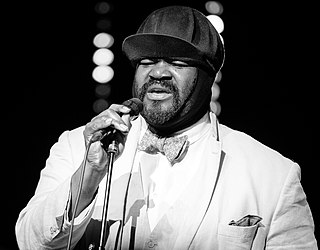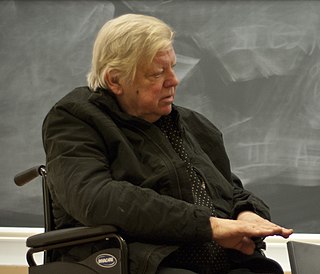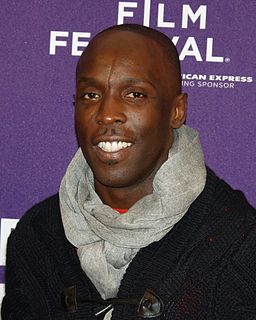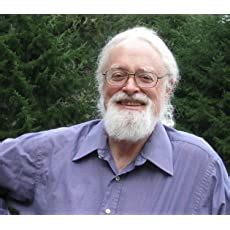A Quote by Gregory Porter
All the events that have made up the character and fabric of British culture and everything that has happened to make up the fabric of America culture - art and music - includes the faces and the colours of a lot of people.
Related Quotes
Progressive music probably wouldn't even really exist if not for the people of the United States having picked up on it and nurtured it in the way they did. It really is an American form of music in the sense that it was nurtured here. So it belongs here. It has become part of the fabric of American musical culture.
My childhood was pretty colorful; I like to use the word turbulent. But it was a great time to grow up, the '70s and '80s in Brooklyn, East Flatbush. It was culturally diverse: You had Italian culture, American culture, the Caribbean West Indian culture, the Hasidic Jewish culture. Everything was kind of like right there in your face. A lot of violence, you know, especially toward the '80s the neighborhood got really violent, but it made me who I am, it made me strong.
Many teachers of the Sixties generation said "We will steal your children", and they did. A significant part of America has converted to the ideas of the 1960s - hedonism, self-indulgence and consumerism. For half of all Americans today, the Woodstock culture of the Sixties is the culture they grew up with - their traditional culture. For them, Judeo-Christian culture is outside the mainstream now. The counter-culture has become the dominant culture, and the former culture a dissident culture - something that is far out, and 'extreme'.
Far from affording artists continuous inspiration, mass-media sources for art have become a dead end. They have combined with the abstractness of institutional art teaching to produce a fine-arts culture given over to information and not experience. This faithfully echoes the drain of concreteness from modern existence- the reign of mere unassimilated data instead of events that gain meaning by being absorbed into the fabric of imaginative life.
The British were doing crime stories first, but the British thing is a very different thing. There, the stories are about restoring a break in the fabric of society. The American thing has never been worrying about breaks in the fabric of society, but about people doing their job, whether it's police procedurals or criminals or whatever.




































